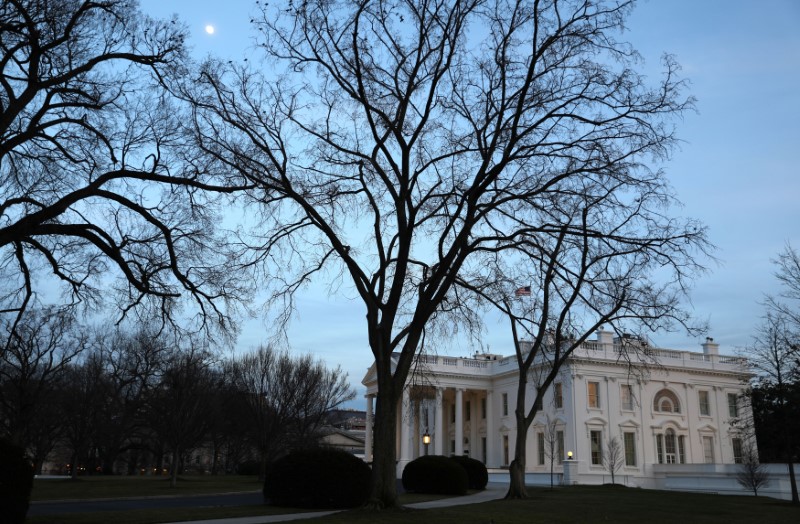Investing.com -- Morgan Stanley said in a note Monday that tariff proposals by former President Donald Trump could result in "much slower economic growth and a boost to inflation in the near-term in the U.S."
The bank claimed there are downside risks to U.S. growth and a near-term rise in inflation as key effects of Trump's proposed tariffs, particularly if Republicans win the 2024 election.
They explained that the tariff proposals include broad 10% tariffs on all imports or more targeted, country-specific tariffs, with particular emphasis on China.
Morgan Stanley analysts suggest that the rapid implementation of such tariffs could lead to a sharp increase in costs across U.S. industries.
"More than 50% of the goods imported into the United States are capital and intermediate goods," making tariffs "a tax on domestic capex spending and domestic manufacturing," argued the bank.
They explain that 60% of Chinese imports are currently subject to tariffs, but under the new proposals, this figure could rise to 100%. The average tariff on Chinese goods could increase from 17% to as much as 77%, while tariffs on imports from the rest of the world could reach 25-35%.
According to Morgan Stanley, such increases could push U.S. consumption down by 3%, reduce business investment by 3.1%, and slow real GDP growth by 1.4 percentage points. They add that monthly job gains could also fall by 50,000-70,000.
The bank expects inflation to increase quickly under the proposed tariffs, with headline PCE inflation potentially rising by 0.9 percentage points over four quarters.
The inflationary effect would likely complicate the Federal Reserve’s policy response, delaying potential rate cuts. However, as growth slows, Morgan Stanley expects the Fed would eventually resume easing measures.
The analysts note that the full impact of the tariffs will depend on the specifics of their implementation, potential retaliation, and currency adjustments.
